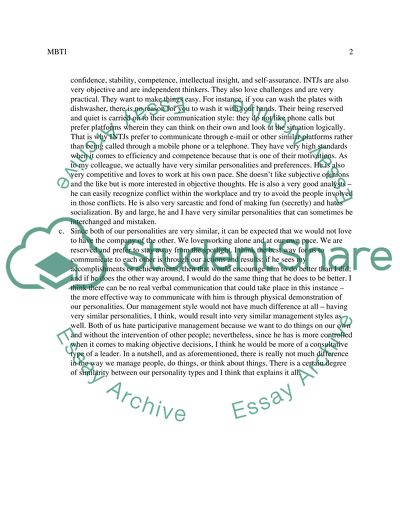Cite this document
(“MBTI Essay Example | Topics and Well Written Essays - 500 words”, n.d.)
Retrieved from https://studentshare.org/english/1631178-mbti
Retrieved from https://studentshare.org/english/1631178-mbti
(MBTI Essay Example | Topics and Well Written Essays - 500 Words)
https://studentshare.org/english/1631178-mbti.
https://studentshare.org/english/1631178-mbti.
“MBTI Essay Example | Topics and Well Written Essays - 500 Words”, n.d. https://studentshare.org/english/1631178-mbti.


